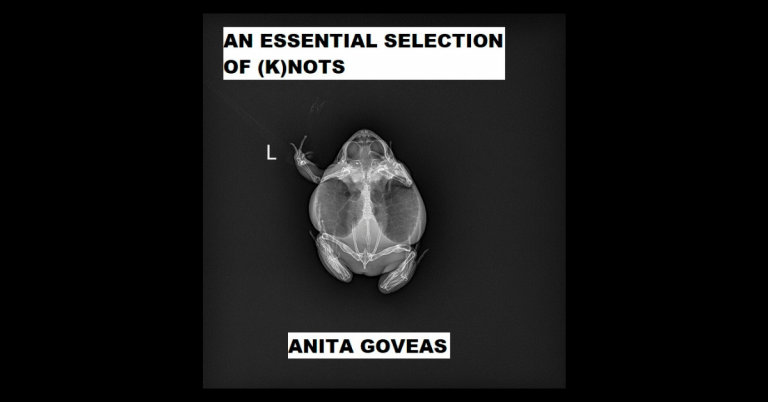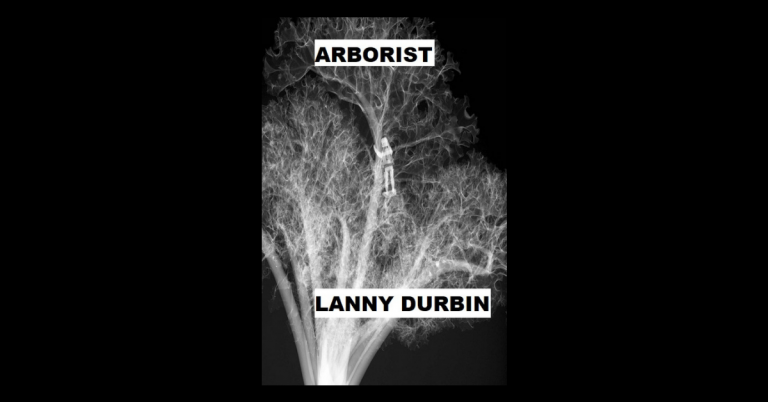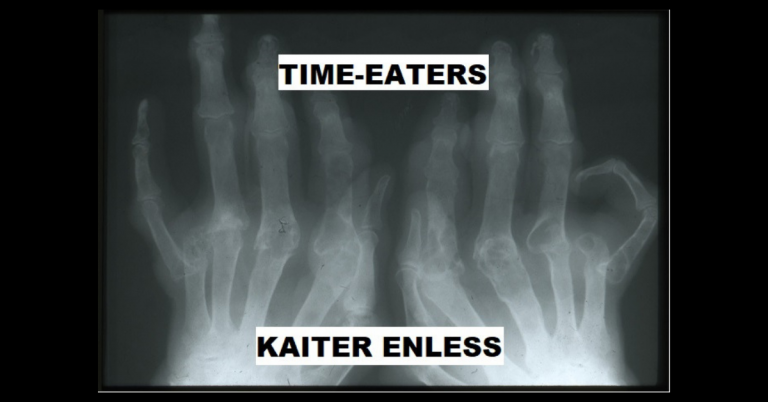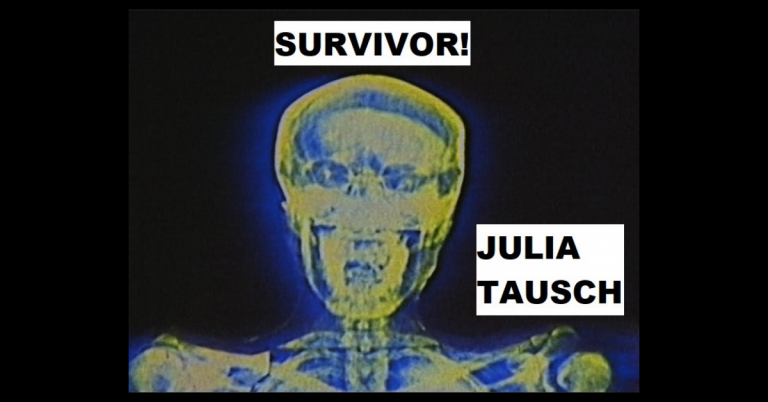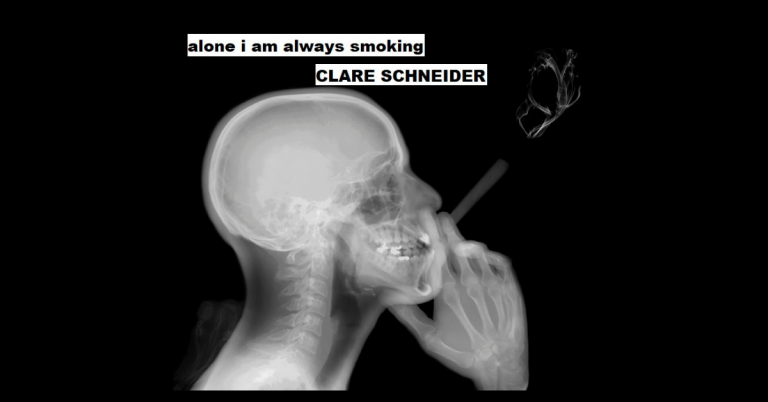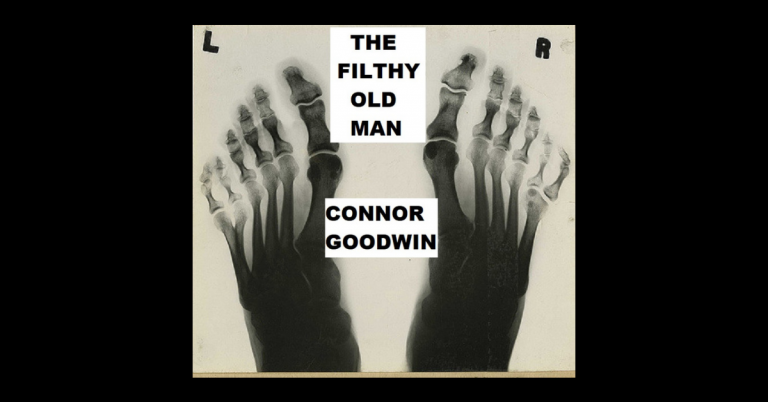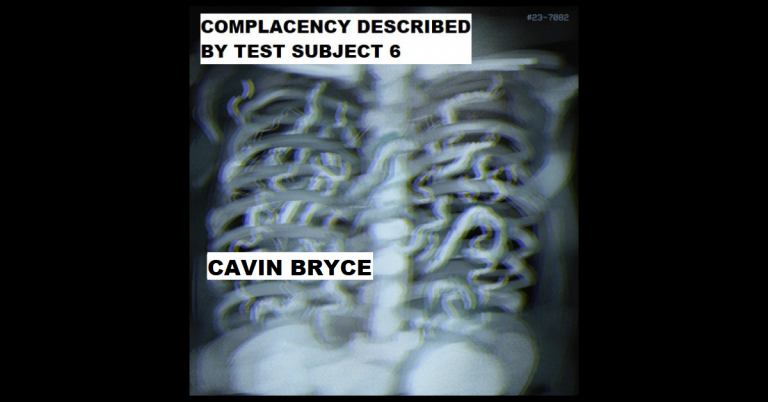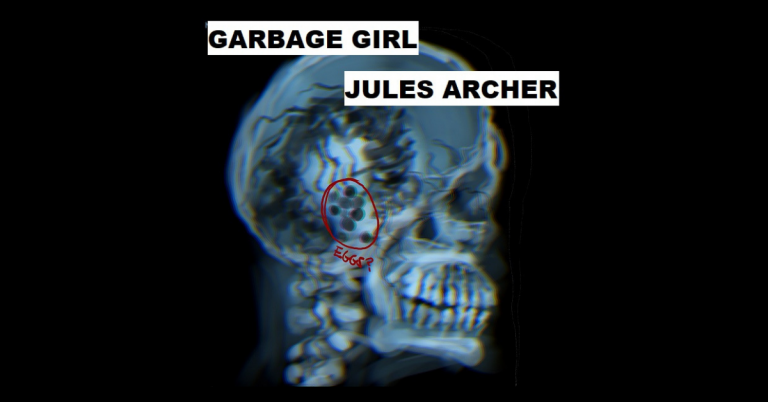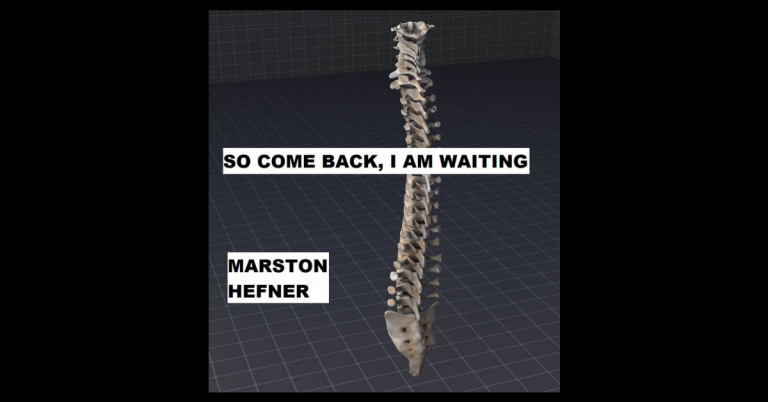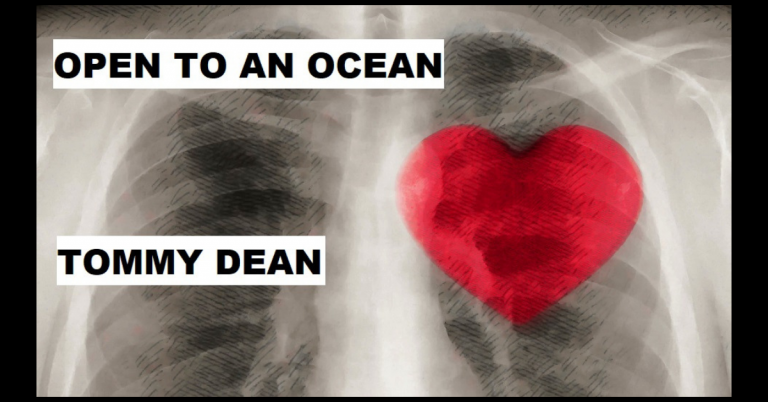It's trash day. I know it by the cramps in my belly. Not the calendar on the fridge. Or the City of Evanston's website. Or my mother's finger, poked in the face of my father as a reminder to take out the trash because last night's rotisserie is starting to smell.
Once a month, ever since I turned twelve, my cycle's synced to the sound of the garbage truck. Not the full moon or the new moon or the tides. I cramp and menstruate on trash day. My stomach is like Adele, rolling in the deep. But I can't make a peep to anyone because I'm just a garbage girl in a recycling world.
From my bedroom window, I see the solid waste services truck outside. The awkward clang of its arm against plastic can. Aching cramps pulse in my hips, my lower back. The trash can is hauled high, and then dumped. Right on schedule, I bleed.
--
My mother takes me to a doctor. I tell him about the pain in my belly. She interrupts him to explain the problem with my reproductive organs to me. My mother says, The technical term for it is abdomen. Use medical terminology, Lucy. Use your brain. She takes my hand, presses it lower, near my hipbone, the curve of my pelvis. She slaps my flesh. Hard. She does it again. She sounds it out, says, This is your ab-dough-man. It's where your cramps live. It's where you try to be a woman. Make yourself one if you can.
The doctor watches from a corner. He prescribes only a muted smile. It's the same one my father wore when he left, because no shit, buddy, my mother's awful.
--
My cycle has changed. Sometimes the cramps arrive on trash day. Sometimes they come at the strangest of times. Like when my mother says to keep it the fuck down or get out of her face. Or the time I overhear a slice of President Trump's speech on TV. Or the day Molly McGrew laughs and announces to the class that my father really ran off with a barmaid. I take a swing at her head. The blood starts to gush out of me. Teachers gather. She's fine, I tell them. She's not the one bleeding.
--
I Google, what is the definition of trash?
From dictionary.com—
- anything worthless, useless, or discarded; rubbish.
- foolish or pointless ideas, talk, or writing; nonsense.
- a worthless or disreputable person.
--
Milo, a boy from English class, kisses me, says he loves me. He touches me in nice places and shows me the messy tattoos on his hairless body. The shamrock for luck. The heart for his dead sister. The bed is soft, the room warm, and we take off our clothes. I lean in and bite at his lip very gently. And then I begin to bleed all over the bed. I am early, not due for another week, so perhaps this is a sign. Milo draws back, his face made miserable by nature. You ruined the mood, he says, and I tug on his hair and say, you're right, but it's better than getting ruined by you.
--
I come to think of my period as a little friend who tells me a monthly secret. When the boy with long hair promises forever, or a piece of litter blows across the ground, or when a college friend promises to pay me back, or when I visit my mother one weekend and she tells me to remember the time she almost ran me over, just think about that, Lucy, think about that, and all I can do is picture shoving her down the staircase, shoving a tampon down her loudmouth gullet, I take a breath. I close my eyes. I use my body. I let it work for me. Let it get me out alive.
--
Pads and tampons won't cut it any longer. Instead, I sit on the couch, bleeding alone, a rag between my legs, and ruin my pajamas. I send my professor an email. I ask to retake the chemistry test next week. If I leave the house, I'll drown the world. I watch my marmalade-colored kitten paw at the front door. Hear the rumble of the garbage truck. Usually, I'd make my way out to the sidewalk to wave at Ned, my residential curbside collector, and he'd say, Lovely Lucy, how's your new kitten, does she still cry at night, and I'd say, No, not today. Not anymore.
--
Over coffee, my father apologizes for leaving. Though it is my time of the month, I do not bleed (it holds off until later, when a customer at the pharmacy claims he never received his Xanax prescription), and I accept his apology. This worries me because I wonder if I rely too much on my body. If I try too hard to gauge the garbage of the world with my gut. But I know this is what the world wants me to do. Trick myself out of trusting myself. So they can be the last piece of trash to touch you.
--
The tattoo artist frowns at the drawing I hand him. He's handsome with a scruffy beard and bed head-like hair, and wears a bowling shirt embroidered with the name Scott. He says, Is this. . .? A tampon, I finish. I point near my hipbone. But it's a friendly tampon. With little arms and legs and a smile and everything.
The tattoo artist laughs. It's a laugh I want to crawl into. Earlier this week I saw him standing beneath the awning of the tattoo parlor. I liked the delicate way he flipped his butterfly knife back and forth, and now I want to see the way he wields a tattoo pen.
I ask, Can you do it?
He stares at me in awe. His eyes, a beautiful, chocolaty brown, crinkle. He grins, says, I can do anything. Where do you want it?
I hear my mother's voice in my head. Abdomen. Interrupting. Like I knew she would.
Right here, I say. I pull up my shirt. Jerk down the waistband of my jeans. I give my skin a light slap. Right on my belly.
The tattoo artist leans down. He studiously examines my stomach, up-close and with fervor. Runs petal-soft fingers over my hipbone. This looks good, he says, and his breath is so warm against my skin, he could steam open my ovaries.
--
On our wedding night, my husband dances me across the threshold of our honeymoon suite. His palm brands the small of my back. His hand curls around mine like smoke from a fire. Scott says, Remember that time I gave you a tampon tattoo and when I was finished, you cried? It was two years ago, but of course I remember. I kiss his lips, slip my hands into his pockets. You made me happy, I say. With you I knew I could always wear white.
--
I Google, What to do when trash collection service is interrupted?
--
Before bed, my daughter eats slices of Satsuma orange and drinks warm milk dashed with cinnamon. She strips off her pajamas, runs around the table naked. I crouch beside her. A tendril of juice runs down her pale Buddha belly. I wipe it away. All that innocence, all that wild. I suck the sweetness from my finger.
Do you love my tummy, mama, she says, rising on tiptoes to loop light arms around my neck.
To the moon and back, I say, telling her a line that is not mine as I watch Scott roll the garbage can to the curb for tomorrow's collection. A red sun backlights him, the falling rain, and I feel the way the blood collects hot down below, the way it readies itself for another day of trash.
